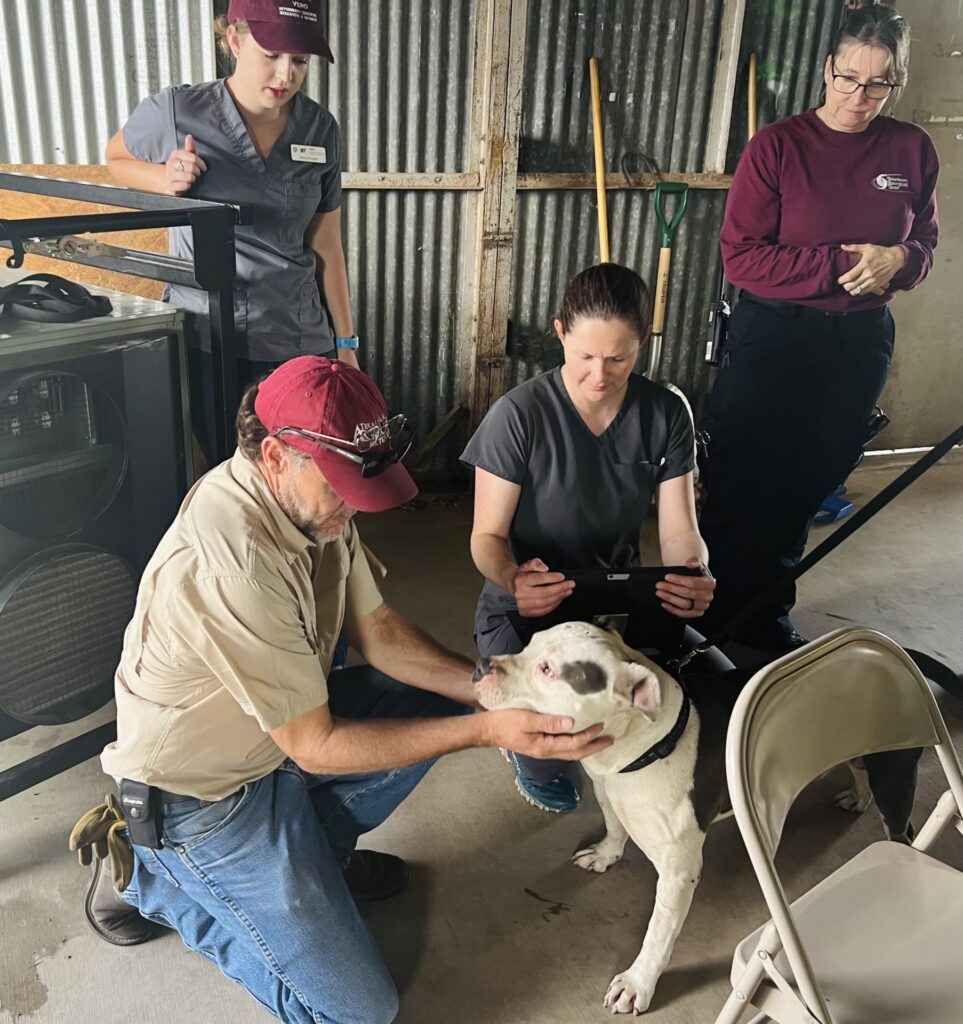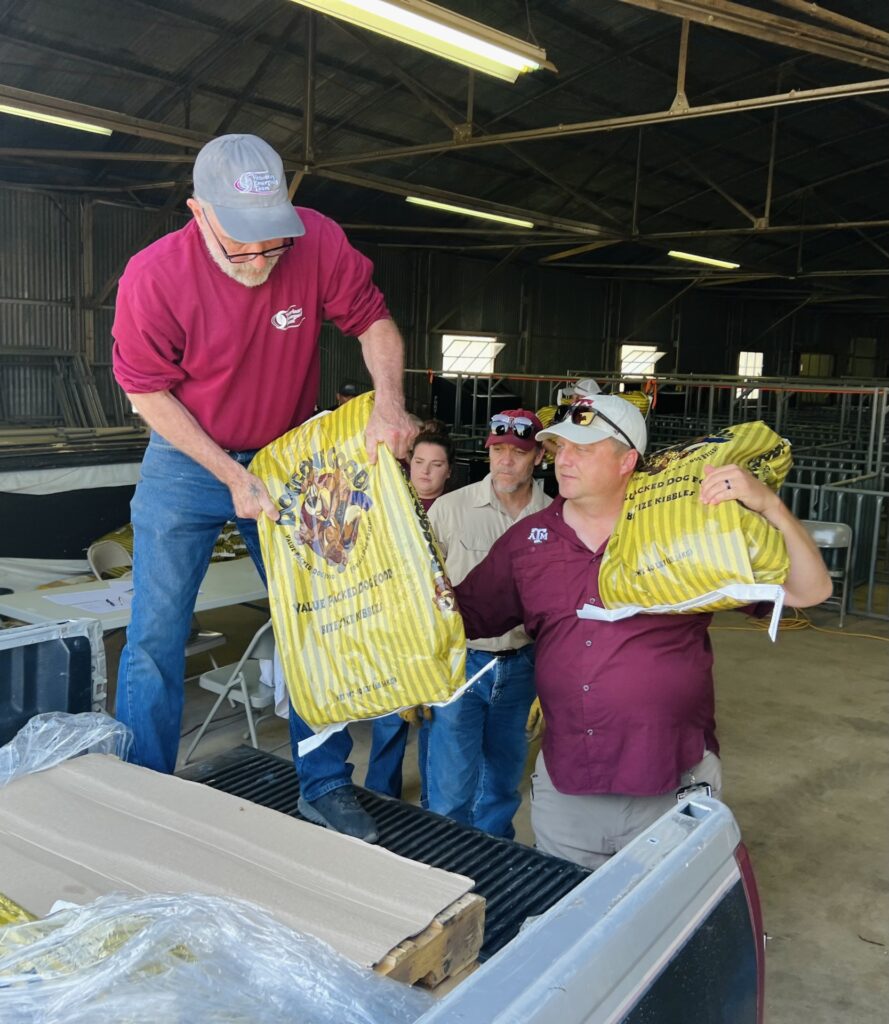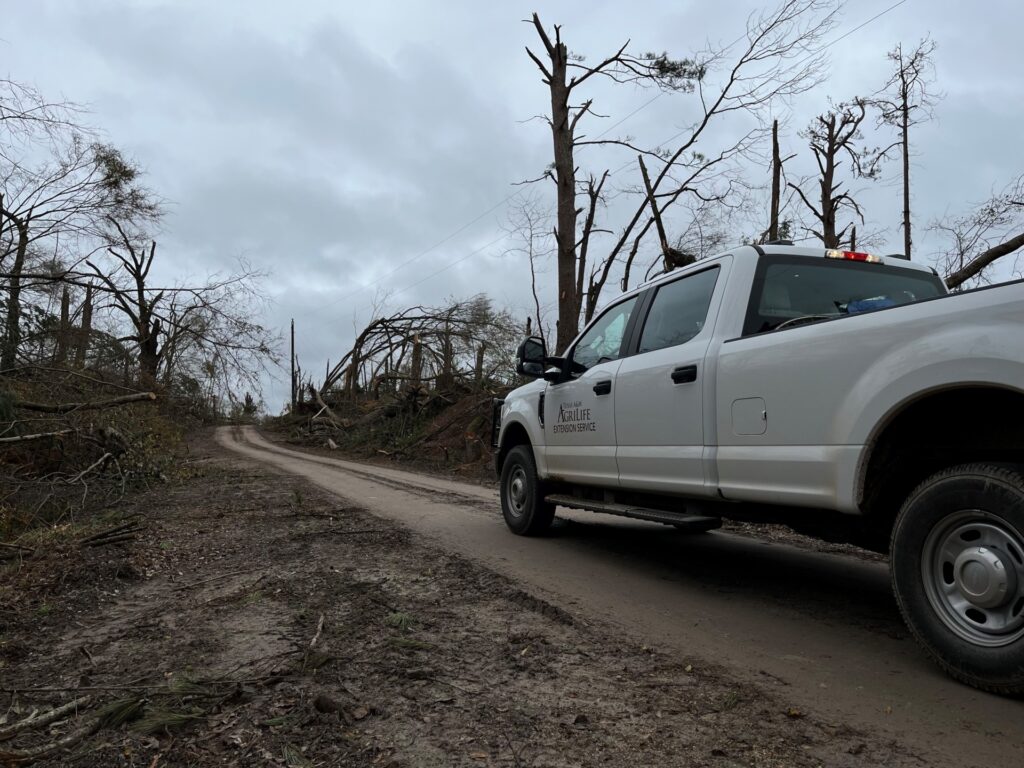Texas A&M AgriLife Extension Service expands statewide disaster response network
Agency expands, realigns Disaster Assessment and Recovery unit to enhance programming, response capabilities
The Texas A&M AgriLife Extension Service Disaster Assessment and Recovery, DAR, unit is expanding its statewide disaster preparedness, response and recovery efforts following the appropriations to support the “Keeping Texas Prepared” initiative in the 88th legislative session.
“The expansion of AgriLife Extension Service’s Disaster Assessment and Recovery unit will benefit the entire state,” said John Sharp, Chancellor of The Texas A&M University System. “We learned valuable lessons from Hurricane Harvey and the Commission to Rebuild Texas, and we know we can accomplish more for our state when agencies work together for emergency response and recovery.”

“As we further unify the geographic and programmatic abilities of our DAR unit, AgriLife Extension will continue to serve as an integral part of our state’s capacity to prepare and respond to disaster and to assist local recovery,” said Rick Avery, Ph.D., Texas A&M AgriLife Extension Service director. “Through the strength of our statewide agent network, we continue to operate as a force multiplier, under the direction of Texas Department of Emergency Management, TDEM, to serve the growing needs of Texans in all 254 counties. We are grateful to our state leaders for providing resources to strengthen our agency’s work in support of local jurisdictions, our sister agencies and FEMA emergency support functions.”
An expanding effort to reflect the growing Texas population
To fulfill the increased responsibilities granted by the Texas Legislature, the DAR unit will restructure to bolster its disaster preparedness, response and recovery capabilities statewide to more closely align its efforts with the state’s disaster districts and other Texas A&M University System Disaster Response and Recovery Agencies including the Texas Division of Emergency Management, TDEM, Texas A&M Forest Service, Texas Veterinary Medical Diagnostic Laboratory and the Texas A&M Engineering Extension Service.

The DAR unit responded to 12 in-state and one out-of-state deployments for the 2021-2022 fiscal year. In June alone, the DAR unit was deployed in multiple counties affected by severe weather and tornados in the Panhandle, Rolling Plains and East Texas.
In total, DAR plans to add 13 positions. This will increase the total amount of field agents embedded across the state to 28. Additionally, DAR will add three area chiefs who will be assigned to oversee the 28 agents along with a logistics coordinator and recovery coordinator.
The first phase of hiring new positions began July 10. The new organizational infrastructure is effective Sept. 1.
‘Unique’ agent statewide network

With a presence in all 254 Texas counties, AgriLife Extension has embedded local teams built from the communities they serve. This layered, comprehensive AgriLife Extension network positions DAR to offer one of the most unique and effective disaster response infrastructures nationwide.
“Across AgriLife Extension, our county strike teams and unit leadership collaborate with DAR field positions to significantly augment manpower, coordinate supplies and assist in distribution of these supplies to the hard-hit areas,” said Monty Dozier, Ph.D., DAR unit coordinator, Bryan-College Station.
Dozier commended the work of all agents over the past several years. He said from hurricanes and tornados to extreme drought and winter storms, AgriLife Extension has always answered when Texans call.
“We are grateful for our agents, staff in county offices and centers statewide,” Dozier said. “It’s a true blessing to work alongside the AgriLife Extension agent network, always ready to lend a hand wherever needed.”


